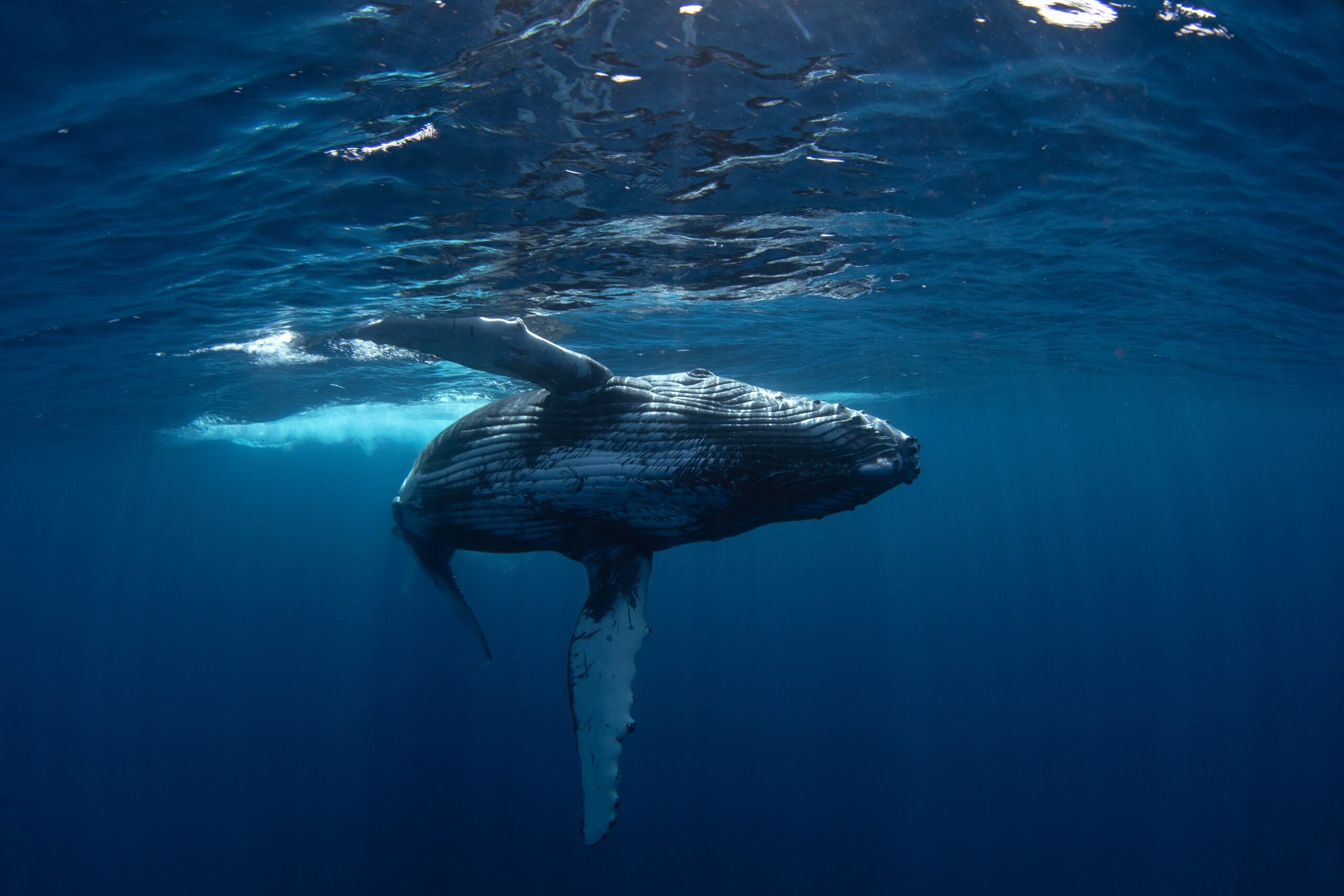27.06.25
Protect UK seas – Stop Rosebank

The Rosebank oil field would be catastrophic for ocean wildlife and the climate. The proposed project – near protected seas off Shetland – would result in eye watering levels of carbon emissions and myriad impacts on marine wildlife.1,2 Please help us tell the government it’s vital for both nature and climate that it never goes ahead.
Oil giant Equinor is expected to submit an application for the field soon, a test case for new government guidance on environmental impact assessments for oil and gas projects, which means for the first time, oil companies must assess the emissions caused by burning fossil fuels that they produce.
The guidance has the power to protect our ocean and climate. It means oil and gas companies can no longer conceal the true scale of their climate impact, or hide behind excuses and false mitigation claims. Now, they must quantify the emissions created from burning all the fossil fuels they could extract from a field. This is real, science-led change that could reform decision-making – finally acknowledging that approving new oil and gas fields is in breach of the UK’s climate commitments.
This is critical, with new research warning we have a mere three years left to limit warning to 1.5C. UK seas have already felt the brunt of the climate crisis this year, with prolonged and intense heatwaves threatening marine life and protected habitats.
The guidance is positive news for the ocean, but its publication also means oil and gas companies can now apply to start new projects. How the government responds to these applications will be a true test of its commitment to climate and nature – and one of the first major markers will be its decision on Equinor’s Rosebank oil field, previously found unlawful in court last year.2
Burning Rosebank’s 500 million barrels of oil and gas would have devastating impacts on our ocean, intensifying marine heatwaves, worsening ocean acidification and compounding pressures on already stressed ecosystems.1
In addition, the Rosebank pipeline would cut through the protected Faroe-Shetland Sponge Belt, threatening rare deep-sea sponge habitats as well as ocean quahogs, which can live for over 500 years. It would take place in waters important to humpback whales, bottlenose dolphins, and endangered sei whales. It is vital from for both nature and climate that this application is refused.1,2
That is why the Ocean Alliance Against Offshore Drilling – a network of over 60 marine NGOs, businesses and community groups – has written to the Secretary of State for Energy Security and Net Zero demanding a rejection of the Rosebank field, for the sake of our marine wildlife and coastal communities.
Join us! Take action today and contact your MP or MSP if you live in Scotland. Tell them to stop all new oil and gas in UK seas, #StopRosebank, and start building a future where our oceans and communities can thrive.
- Citations
- 1. Rosebank Environmental Statement ES/2022/001
- 2. Judicial review of the lawfulness of the grant of consent given by the Secretary of State (29 January 2025)